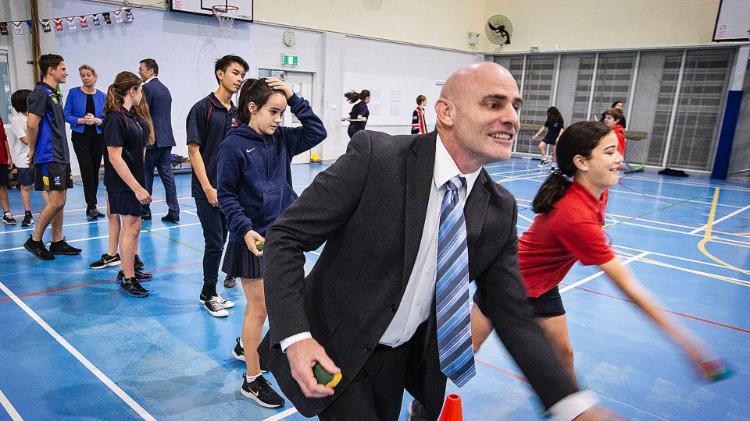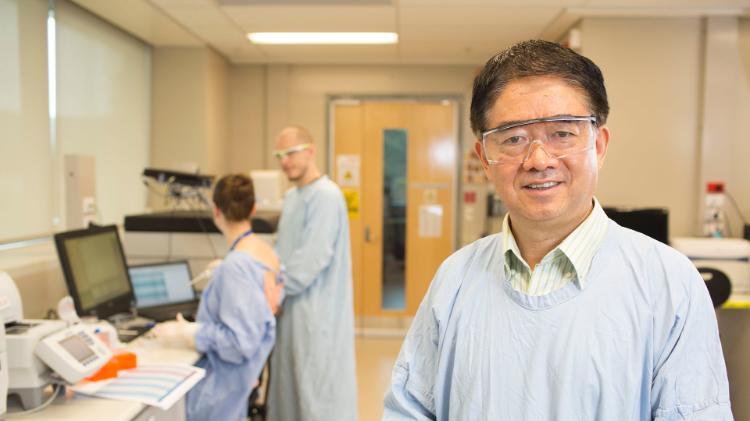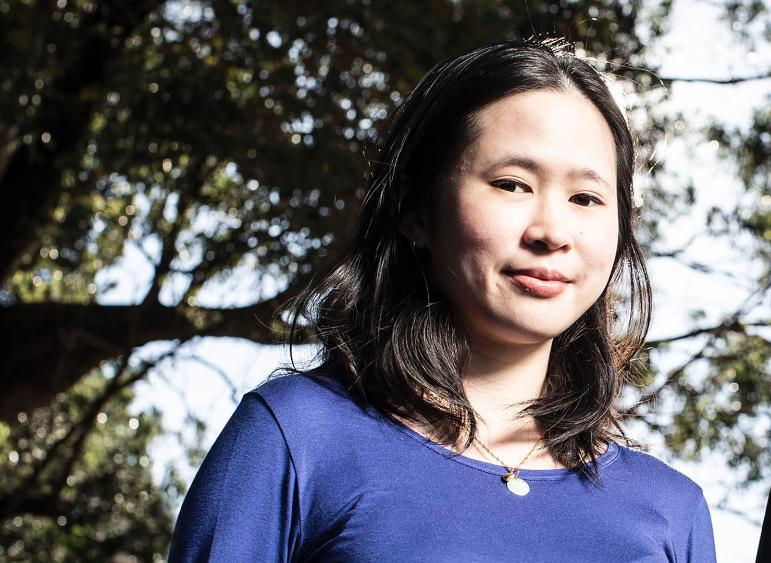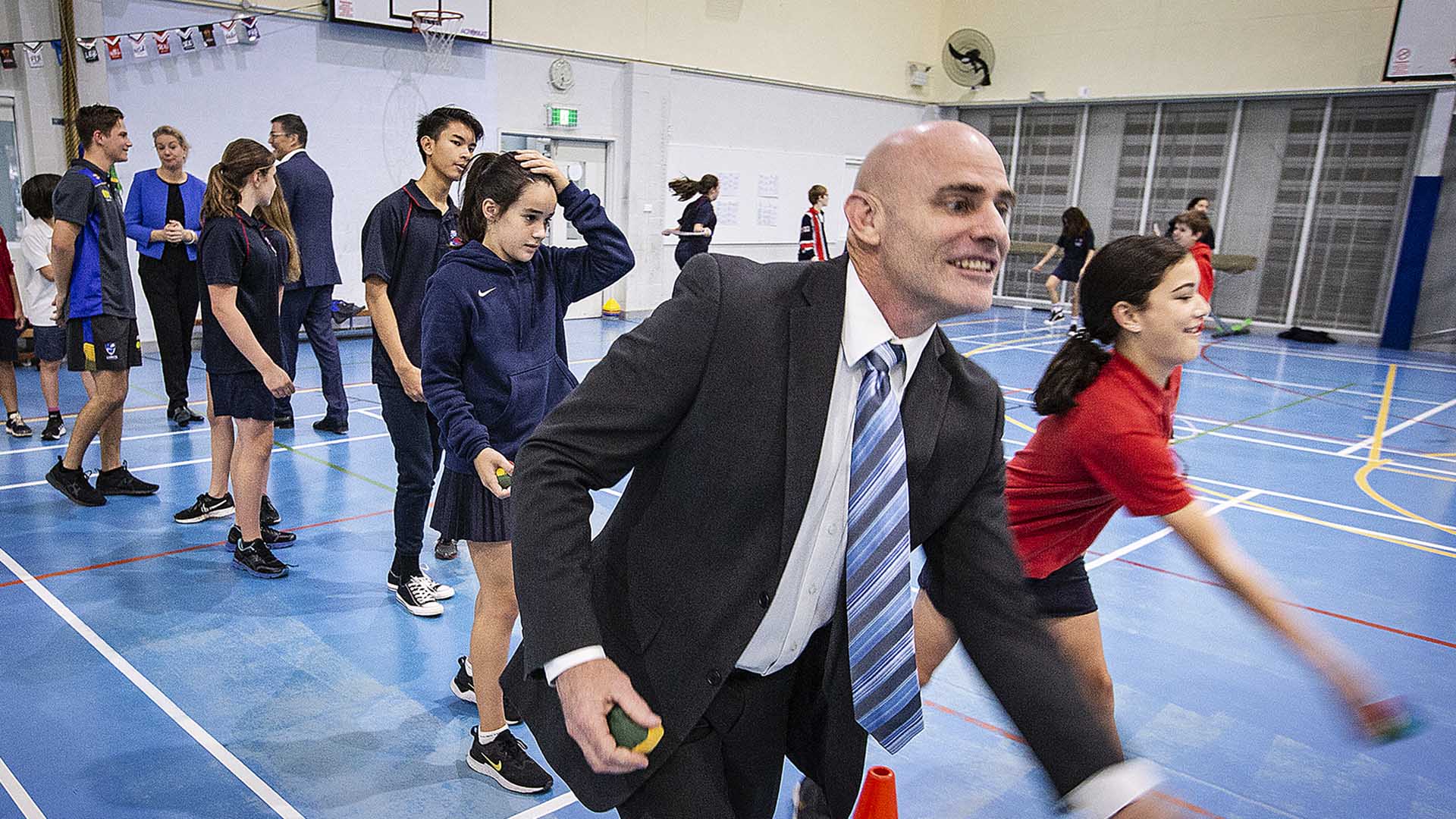August 30, 2019
UOW awarded $4.8M in health and medical research funding
Projects range from promoting physical activity in kids to understanding the cause of schizophrenia
University of Wollongong (UOW) researchers have been awarded $4,779,500 in research grants from the Federal Government under a funding scheme for high performing health and medical researchers.
Four UOW-led projects were awarded funding through the newly established National Health and Medical Research Council (NHMRC) Investigator Grant scheme.
Federal Minister for Health, the Hon Greg Hunt MP announced the funding on Thursday 29 August, part of the Federal Government’s $440 million investment in world-leading health and medical research projects.
The successful projects include research to promote physical activity in children; understand the cause of schizophrenia; find better treatments for chronic pain management; and to investigate the treatment and prevention of diabetes in pregnant women.
The outcome represents the highest amount of funding awarded to UOW in a single year across all UOW-led NHMRC project grant and fellowship schemes in the last 10 years.
UOW Deputy Vice-Chancellor (Research & Innovation) Professor Jennifer L. Martin AC said it was a fantastic result and congratulated the researchers on their success.
“NHMRC Investigator grants are awarded to the highest-performing researchers across the nation. I am thrilled that UOW’s researchers have been recognised in this way for their innovative health and medical research,” Professor Martin said.
“I join with the entire UOW community in sending my warmest congratulations to the newly announced NHMRC Investigators, as we all celebrate their success.”
The NHMRC Investigator Grants scheme is a new program designed to encourage innovation and creativity in research; provide opportunities for talented researchers at all career stages to contribute to the improvement of human health; and minimise the burden on researchers of application and peer review so that researchers can spend more time producing high quality research.
The Minister for Health said the funding would give researchers the flexibility to undertake ground-breaking research that would lead to significant advances in the health of all Australians.
“This first round of Investigator Grants was highly competitive and the quality of applicants was extraordinary, resulting in an outstanding inaugural cohort of 246 Leadership and Emerging Leadership Fellows. This vital investment across the broad health spectrum will continue the proud Australian tradition of discovery and translation into better health for all,” Mr Hunt said.

Promoting physical activity and reducing sedentary behaviour in children
Senior Professor Tony Okely, Director of Research at UOW’s Early Start and a world-leading expert on early childhood development, was awarded $2 million for a project to understand and promote physical activity and reduce sedentary behaviour in young children.
Professor Okely said that in many countries, including Australia, children’s right to a healthy future was being compromised by increased pollution, lack of access to green space and parks, and by children spending more time indoors, including large amounts of time using electronic media.
“My ultimate aim is for young children – wherever they may live – to be able to grow up with the opportunity to participate in appropriate levels of active play and sedentary behaviour,” Professor Okely said.
“My research program will understand how social, physical, and policy environments in low-, middle- and high-income countries influence the health and development of young children.”

Prevention and treatment in schizophrenia
Distinguished Professor Xu-Feng Huang from the School of Medicine secured $1.5 million for research into the cause of schizophrenia and finding better treatment options for patients.
“Current drug treatments do not address the cause of schizophrenia and can induce side effects such as cardiovascular disease and obesity, these complications can reduce the lifespan of patients by more than two decades,” Professor Huang said.

New Targets for Chronic Pain Management
Dr Yee Lian Chew from the School of Chemistry and Molecular Biosciences secured $639,750 in funding to investigate chronic pain management and treatments.
Dr Chew is trying to identify how molecular mechanisms trigger chronic pain.
“My research using the C. elegans worm aims to identify the neurochemicals that regulate the onset of chronic pain, this fundamental research is important to find better treatments and management options. This is a huge honour to have my research recognised and supported,” Dr Chew said.
Optimising Lifestyle Treatment and Prevention of Diabetes
Lifestyle and health researcher Dr Monique Francois from the School of Medicine was awarded $639,750 for a project aimed at optimising lifestyle treatment and prevention of diabetes in pregnant women.
“I want to improve the management of diabetes in pregnancy by conducting research on physical activity and dietary interventions to improve glucose control during and following pregnancy, ultimately reducing maternal and foetal complications. I hope to demonstrate that simple lifestyle strategies can reduce health risks for pregnant women and their babies,” Dr Francois said.
All four of the successful researchers are also affiliated with the Illawarra Health and Medical Research Institute.
